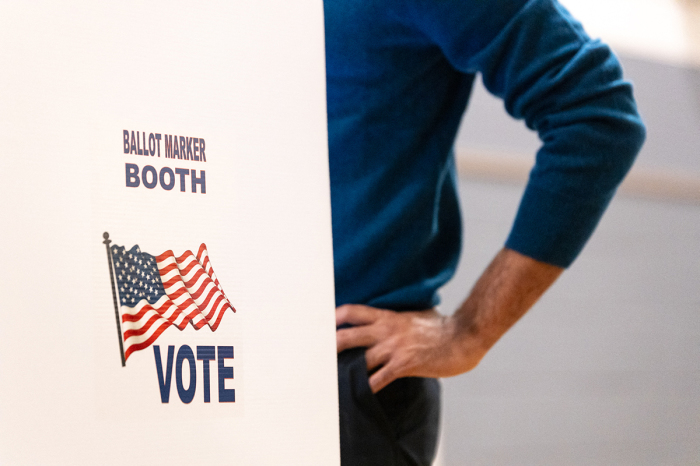Parental rights, IVF, immigration: What to expect if Trump defeats Harris

Abortion
Much to the chagrin of pro-life advocacy groups, Trump has repeatedly insisted that he would not sign a federal abortion law if elected, sharing his belief that individual states should decide laws surrounding the contentious issue. He also announced that “under a Trump administration, your government will pay for or your insurance company will be mandated to pay for all costs associated with [in-vitro] fertilization treatment.”
Trump’s position on in-vitro fertilization, an infertility treatment many pro-life activists insist results in the creation of embryos that are often frozen and later destroyed, also did not sit well with leaders in the movement that constitutes a sizable portion of the GOP base.
With Trump indicating support for a “hands-off” policy when it comes to abortion, many of the changes in abortion law will take place at the state level if he wins the election.
Voters in 10 states are slated to decide the fate of ballot measures that will either directly or indirectly enshrine a right to abortion in respective state constitutions. The states with abortion referendums on the ballot this year are: Arizona, Colorado, Florida, Maryland, Missouri, Montana, Nebraska, Nevada and South Dakota.
New York voters are weighing in on an Equal Rights Amendment, which contains a provision that would add “ethnicity, national origin, age, disability, creed [or], religion, or sex, including sexual orientation, gender identity, gender expression, pregnancy outcomes, and reproductive healthcare and autonomy” to the list of protected characteristics under state law. The measure would effectively create a right to abortion if passed.
Public opinion polling suggests that most of the abortion referendums will pass. In Arizona, a poll of 1,434 registered voters conducted by CBS News and YouGov from Oct. 11-16 found 52% support for the abortion referendum, while opposition was measured at just 33%.
A survey of 977 likely Florida voters conducted by the University of North Florida from Oct. 7-Oct. 18 pegged support for the abortion ballot measure at 60% while opposition registered at 38%. Unlike in other states, Amendment 4 must receive the support of at least 60% of voters to pass.
A September University of Maryland Baltimore County poll of 862 likely voters revealed that 69% of Maryland voters intend to support the abortion ballot measure, while 21% intend to oppose it. According to an October survey of 753 likely Missouri voters conducted by Remington Research Group on behalf of the Missouri Scout, 46% of respondents plan to support establishing a right to abortion while 33% said they would oppose it.
An August SurveyUSA poll based on responses collected from 1,293 Nebraska registered voters showed 45% support for the pro-abortion amendment in the state while measuring opposition at 35%. A September survey of 1,003 New York likely voters from Siena College found that 64% of voters planned on supporting the Equal Rights Amendment in contrast to 23% who said they would oppose it.
A poll of 500 registered voters from South Dakota News Watch and the Chiesman Center for Democracy at the University of South Dakota measured support for establishing a right to abortion at 53% while finding that 35% opposed.
Ryan Foley is a reporter for The Christian Post. He can be reached at: ryan.foley@christianpost.com





























